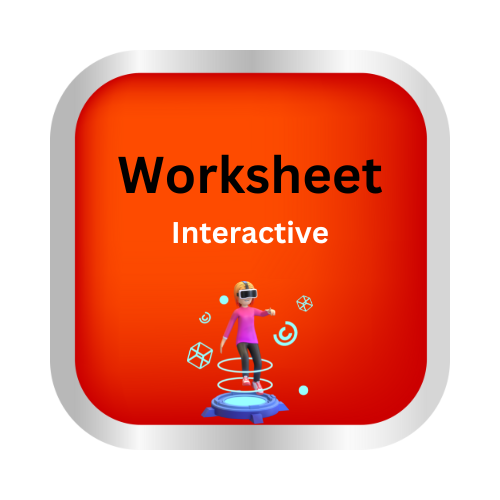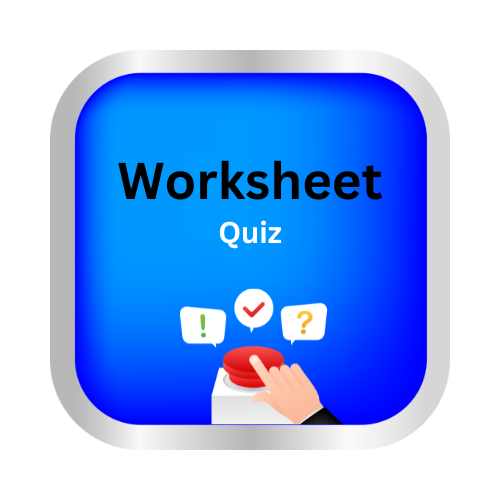Find antonyms in context
Key Notes :
| What are Antonyms? |
Antonyms are words that mean the opposite of each other. Think of them as word twins, but with very different personalities! For example:
- Happy is the antonym of sad
- Big is the antonym of small
- Up is the antonym of down
Antonyms help us describe things in different ways and make our sentences more interesting.
| Why are Antonyms Important? |
Understanding antonyms helps you:
- Learn new words and grow your vocabulary.
- Understand what you read more clearly.
- Write more interesting and descriptive sentences.
| Finding Antonyms in Sentences |
Sometimes, you can find antonyms hiding in sentences! To find them, look for words that describe opposite ideas or actions. Here’s how:
- Read the sentence carefully. What is the sentence about?
- Look for words that describe something. These are often adjectives or adverbs.
- Ask yourself: Is there another word in the sentence that means the opposite?
Let’s look at some examples:
- The turtle was slow, but the hare was fast.
- The sun is hot, but the ice cream is cold.
- My room is messy now, but I will make it tidy later.
| Time to Practice! |
Read each sentence and circle the antonyms you find:
- The elephant is big, but the mouse is small.
- The light is on, but the television is off.
- I was happy to win and he was sad to lose.
- The floor is wet now, but it will be dry soon.
- The slide is long, the seesaw is short.
| More Practice! |
Fill in the blank with an antonym that makes sense in the sentence:
- The coffee is ________, but the milkshake is cold. (hot)
- The cat is awake, the dog is ________. (asleep)
- The classroom door is open, the window is ________. (closed)
- I am early, but you are ________. (late)
- The table is soft, the floor is ________. (hard)
| Next Steps |
Keep practicing finding antonyms in books and stories you read. You can even play antonym games with your friends and family! The more you practice, the better you’ll become at spotting those opposite word twins!
let’s practice!

